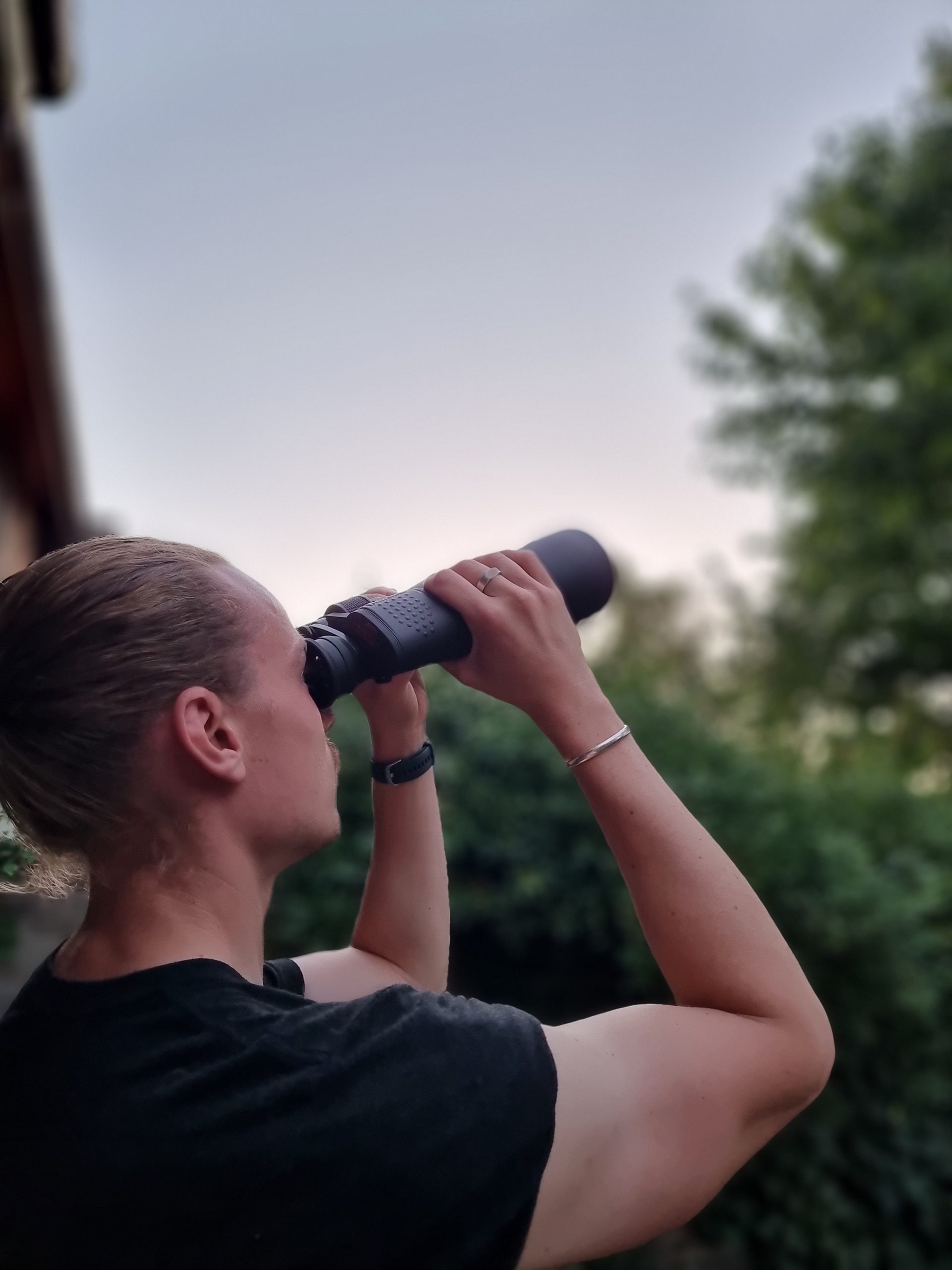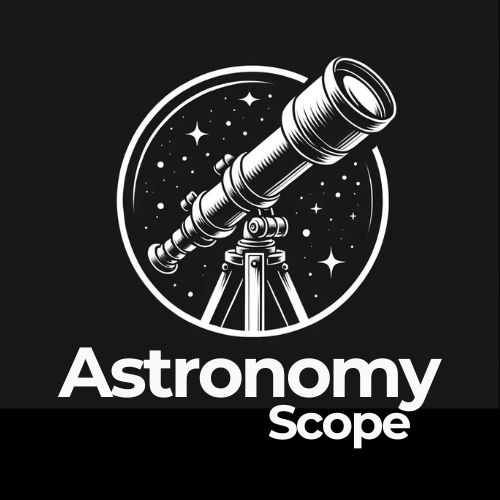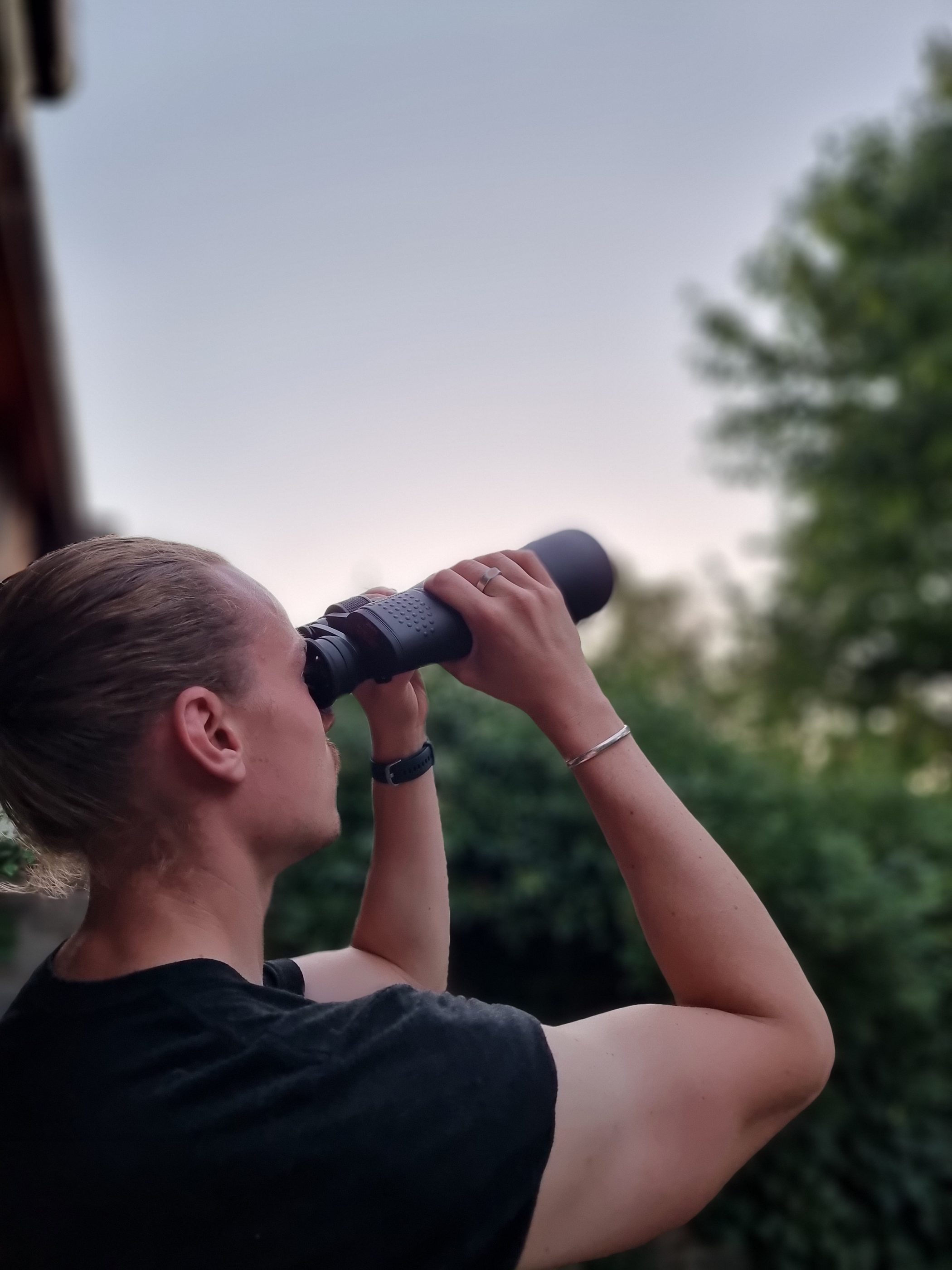There seems to be so many words used to describe the various times of day. So much so, that it can often be confusing to understand the difference between them. Dawn and sunrise are two such examples. Confused, I decided to spend some time looking at each of the terms, what they actually mean and if in fact they are the same.
So what is the difference between dawn vs sunrise? Dawn is a time of day, whereas sunrise is an event that occurs during this time. In other words, dawn is a process whereas sunrise is a specific point and development within that very same process.
While the two terms can often be confused, or used incorrectly, they are in fact referencing two independent things.
Let us know take a closer look at each one in further detail, before moving onto some other similarly related questions you may have around this time of day.
What Is Dawn?
Dawn is a distinct period of time that occurs at the very end of the night.
It occurs just before sunrise, and is considered to mark the beginning of twilight.
Dawn can be distinctly recognized by the appearance of indirect sunlight which happens when the center of the suns disc has reached 18° below the observer’s horizon.
Dawn technically lasts until sunrise, and when direct sunlight begins to dominate the landscape.
What Is Sunrise?
Sunrise is when the suns breaks the horizon, and when the upper part of the sun can be visibly seen by an observer.
It marks the beginning of the morning.
The timing of sunrise differs depending on the time of the year, along with the observers location (longitude, latitude, altitude, and time zone).
Difference Between Dawn And Sunrise
While dawn and sunrise occur at a similar time, the main difference is that one is a process whereas the other is an event.
Dawn is seen as a time of the day (and process), whereas sunrise an event that happens during this time.
The same goes for ‘evening’ and ‘sunset’ – where the sunset happens in the evening of the day.
In fact, the first hint of daylight occurs before the sun actually rises. It is only when the sun becomes visible that the term sunrise should be used.
The process as a whole however, from first light to full risen, is still considered to be dawn.
How Long Is Dawn Before Sunrise?
The duration of dawn before sunrise varies dramatically depending on latitude.
For example, at the equator, it can be as little as 70 minutes, whereas in the polar regions it can span multiple hours.
It’s all about the location of the sun comparative to earth. So, where you are on earth largely impacts what you can expect.
Nevertheless, it starts to lighten around an hour before sunrise.
What Is The Hour Before Dawn Called?
The hour before dawn is commonly called ‘The Blue Hour’, which occurs during Civil Twilight.
During this time, the sun is sufficiently below the horizon, but indirect sunlight gives the atmosphere a mostly blue shade.
There is enough natural light to distinguish between things perfectly, yet not enough to completely light everything up.
So, you would expect street lights to still be on during the blue hour.
Generally speaking, the blue hour/civil twilight lasts for around 20 to 30 minutes, depending on the observer’s season and latitude.
So, if the sun were to rise in your location at 7 a.m., you could expect this period around 6:30-6:50 a.m.
What Is Pre Dawn Light Called?
Pre-dawn light is known as zodiacal light.
This interesting phase of light occurs twice per day; at the sunrise or sunset point of the horizon, before dawn breaks, or after twilight ends.
- If you live in the east, it can most commonly be observed during the late summer or early autumn.
- If you live in the west, it can most commonly be observed during the late winter or early spring.
This light is quite bright, comparable to that of the Milky Way, and is considered a seasonal phenomenon.
Finally
There are many terms used to describe the different phases of the day and night.
For Dawn and Sunrise remember that they are two distinctly different things.
The best way to do so is to imagine dawn as a period and a process, whereas sunrise is an event.
Either way, they do occur at the same time.
And consider that you also have the same phenomena occurring in the evening, which is often why you get the similarly related sunset vs dusk question.

Hey, my name is Jeremy. I’m a passionate and seasoned astronomer who loves nothing more than observing the night sky. I also love researching, learning, and writing all things Space and the Universe. I created Astronomy Scope to share my knowledge, experience, suggestions, and recommendations of what I have learned along the way while helping anyone to get into and maximize their enjoyment of the hobby.

